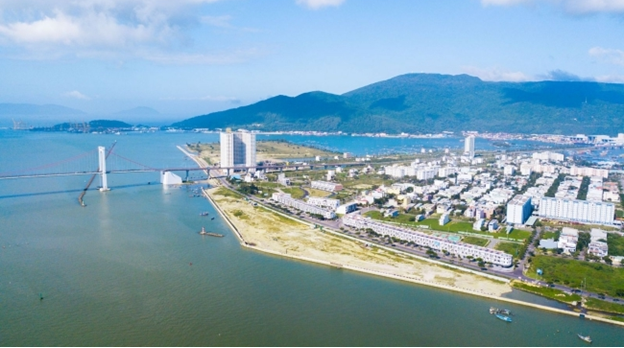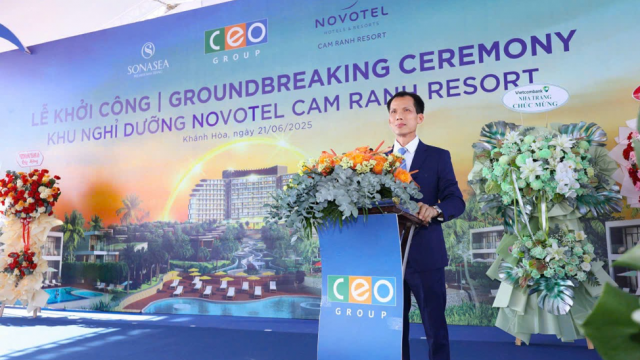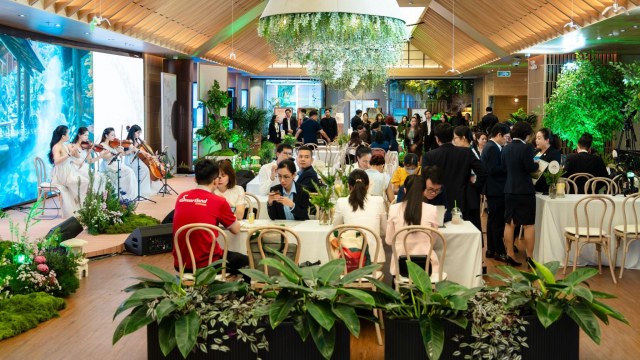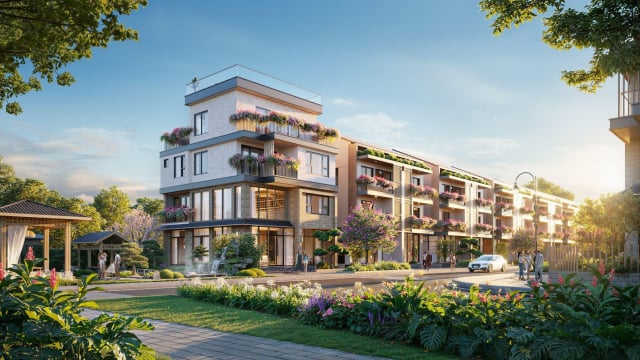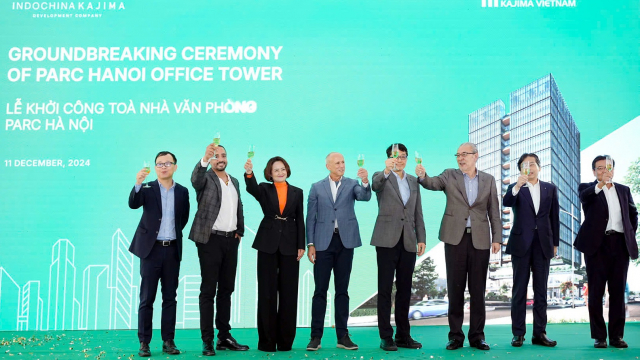Property
Environmental issues shape real estate investment
Environmental awareness in real estate has become an integral part of the growing impact investing trend.
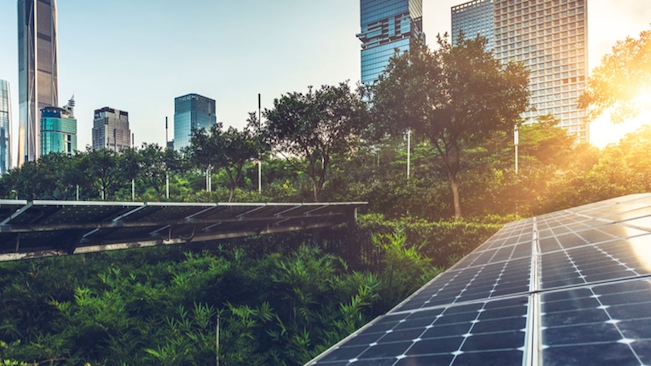
According to Lucy Auden, global head of ESG (Environmental, Social and Governance) at Savills Investment Management, impact investing has the specific intention of creating social or environmental impacts in addition to the more traditional financial returns.
According to Fitch Ratings, assets in the sector rose 15 per cent to $52 billion during the first quarter of 2019, showing the rapid growth of ESG. The Global Impact Investing Network (GIIN) estimates that this impact investing market is now worth $520 billion.
Auden added that environmental issues and climate change are already on the minds of real estate investment managers.
Rather than saying, “I’m going to buy this green building as something that is ‘nice to have’,” the industry is starting to think “If I buy an inefficient building and plan to do nothing to improve its resilience and efficiency, am I going to be able to sell it?, With climate concerns on the rise, is there going to be a buyer in 15 to 20 years who are willing to take on unmitigated climate-related risks?”
The bricks and mortar element of the real estate sector makes it much more at risk to physical climate changes. The built environment is also responsible for 40% of global carbon emissions, meaning there are also huge opportunities to reduce global emissions.
“The mitigation and adaptation of climate change both hinge on real estate assets in a massive way,” said Auden.
In Vietnam, impact investing has begun in commercial properties. Developers and landlords are investing in measures to maximise building efficiency, reduce energy consumption and emissions.
According to Hoang Nguyet Minh, Associate Director, Investment Savills Hanoi, several commercial developments in Vietnam have achieved or aligned with a variety of green and energy certificates, among which LEED (Leadership in Energy and Environmental Design) is probably the most globally recognised.
Some of the most prestigious international Grade A office buildings in Hanoi and Ho Chi Minh City are expected to meet these requirements.
Minh said that Capital Place in Hanoi is targeting LEED Gold certification and has incorporated all requirements into construction and design. The international Grade A office development is committed to reducing water consumption by 50 per cent via recycling, and lower energy consumption by 13 per cent through efficient building management.
Filters, low-emitting materials and sensors are installed to maintain good air quality indoors and reduce emissions, while the vertical greening of feature screens along the project periphery helps to improve exterior air quality.
Similar energy-saving initiatives are found in Friendship Tower in Ho Chi Minh City – another LEED Gold candidate.
Tu Thi Hong An, associate director of commercial leasing at Savills Ho Chi Minh City said: “This boutique Grade A office development has taken measures to reduce utility consumption and has achieved an 85 per cent decrease in water usage due to efficient fixtures, recycling and rainwater collection systems in addition to a 33 per cent reduction in energy after installing HVAC and LED-lighting systems.”
Friendship Tower also reduces concentrations of chemical contaminants that can damage air quality, human health, and the environment by using low-emitting materials for the building interior.
Marina Complex project hits roadblock over environmental concerns
Hai Phong industrial property powers up with new project from Indochina Kajima
The project Core5 Hai Phong from Indochina Kajima and Itochu Corporation will deliver approximately 80,000 square metres of world-class ready-built factory for lease, handover expected in the first quarter of 2027.
A decade of unprecedented apartment price surge
A decade of relentless apartment price growth has pushed the dream of homeownership further out of reach for Vietnam’s middle- and lower-income earners.
Essensia Parkway sells out within hours, marking an outstanding partnership with WorldHotels
Essensia Parkway makes significant impact in the high-end real estate market as 100 per cent of the limited collection was successfully registered within just a few hours at the launching event with the theme “Live lux-well, in a truly refined world”.
Essensia Parkway gains global prestige through WorldHotels - Phu Long collaboration
Essensia Parkway is set to mark a significant milestone as the first branded residences project in Ho Chi Minh City to be operated by WorldHotels – one of the finest portfolios of independent hotels and resorts within BWH Hotels.
Indochina Kajima breaks ground on Grade A office building in Hanoi’s emerging hub
Parc Hanoi marks Indochina Kajima's first office-for-lease project in its $1 billion investment plan in Vietnam.















